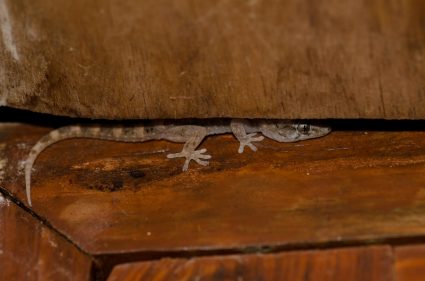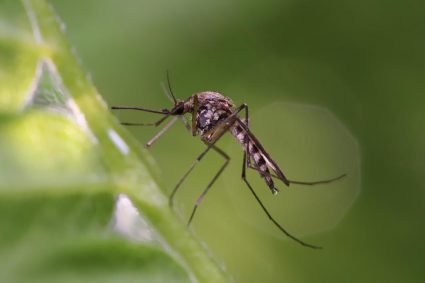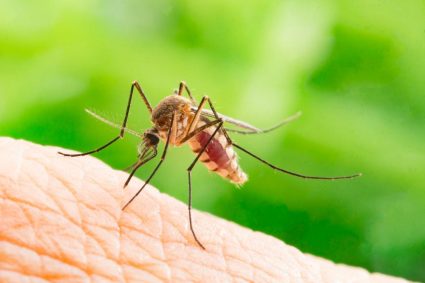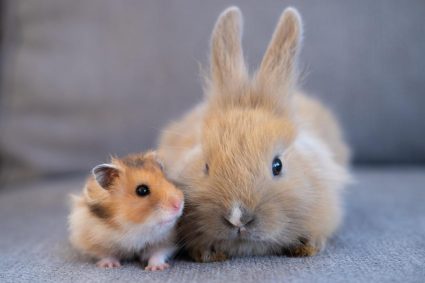
Skunks, known for their distinctive black and white coloration and notorious for their foul-smelling defensive spray, are common in North America. These creatures are omnivores, meaning they eat a wide variety of both plant and animal matter. But, have you ever wondered, ‘What plants do skunks eat?’ If so, this article will delve deep into the subject, providing you with all the information you need to understand the dietary habits of skunks.
Skunks, being omnivores, consume a variety of plant-based foods. Their plant diet typically includes fruits, nuts, seeds, leaves, roots, and some fungi and grasses. They are known to forage for wild berries, fungi, and nuts, and also eat corn, cherries, grapes, and berries. However, it’s important to note that plant matter makes up about 10-20% of a skunk’s diet.
Skunks: An Overview
Before we explore the plant-based diet of skunks, let’s quickly understand what skunks are. They are nocturnal mammals that are most famous for their ability to secrete a strong, foul-smelling odor as a defense mechanism against predators. There are several species of skunks, each with different dietary habits, but most are omnivorous, consuming both plant and animal matter.
The Plant Diet of Skunks
Skunks consume a variety of plant-based foods. Their plant diet typically includes fruits, nuts, seeds, leaves, roots, and some fungi and grasses. They are known to forage for wild berries, fungi, and nuts. Skunks also eat corn, cherries, grapes, and berries, often preferring food that has already fallen to the ground.
In general, skunks have a diverse diet and will consume almost any edible plant they can find. However, it’s worth noting that the plant matter makes up about 10-20% of a skunk’s diet, although this can vary depending on the species and availability of food sources.
Seasonal Variation in Skunks’ Diet
Skunks’ diet varies with the changing seasons. During the spring and summer months, skunks primarily consume insects such as grasshoppers, bees, ants, wasps, crickets, and beetles, as well as their larvae. However, when the seasons change to fall and winter, their diet shifts more towards plant-based foods, including berries, fruits, and mushrooms.
Foraging Habits of Skunks
Skunks use their long claws to dig holes and forage for food. They search for plant food by digging in the ground, looking for roots, tubers, and other plant materials. Skunks are also known to eat grass, leaves, and other plant matter when insects and other food sources are not as plentiful, especially during fall and winter.
The Role of Plants in Skunks’ Nutrition
While specific nutritional benefits that plants provide to skunks are not well-studied, it is likely that they obtain essential nutrients, vitamins, and minerals from plant sources. Fruits can provide skunks with vitamins, dietary fiber, and natural sugars, while vegetables, nuts, and seeds offer additional nutrients and energy.
Plants and Skunks: A Complex Relationship
Skunks play a vital role in the ecosystem, acting as both predators and seed dispersers. By consuming fruits, nuts, and seeds, they help in the dispersal of plant species, thus contributing to the growth and diversity of plant life. However, their digging activities in search of grubs and other insects can cause damage to lawns and gardens.
Conclusion
Skunks are fascinating creatures with a diverse diet that includes a variety of plants, insects, and small animals. Understanding their dietary habits not only gives insight into their behavior but also helps in managing their interaction with human habitats. By planting skunk-repellent plants and ensuring your garbage cans are well-sealed, you can minimize skunk attraction and protect your garden and lawn from potential damage.
Remember, skunks are a vital part of our ecosystem, and co-existing with them requires understanding their habits and needs. With the information provided in this article, you now have a clearer picture of what plants skunks eat and how their dietary habits affect their environment.
Frequently Asked Questions
What are some skunk-repellent plants that I can grow in my garden?
Some plants that are known to repel skunks include marigold, lavender, and citrus trees. The strong scents of these plants are often too overpowering for skunks’ sensitive noses and they tend to avoid them.
What time of day are skunks most active?
Skunks are nocturnal creatures, which means they are most active during the night. They usually start their activities at dusk and continue until dawn.
Do skunks eat garden vegetables?
Yes, skunks may eat garden vegetables if they are easily accessible. They are particularly fond of sweet corn, but can also consume other vegetables like beans, peas, and root vegetables.
What should I do if I encounter a skunk in my yard?
If you encounter a skunk, it’s best to quietly and slowly back away. Skunks are generally not aggressive, but they may spray if they feel threatened. Avoid making sudden movements or loud noises.
How can I deter skunks from my property?
You can deter skunks by securing your garbage cans, eliminating food sources, and keeping your yard clean and well-lit. Skunks are attracted to easy food sources and prefer dark areas, so these measures can help keep them away.









